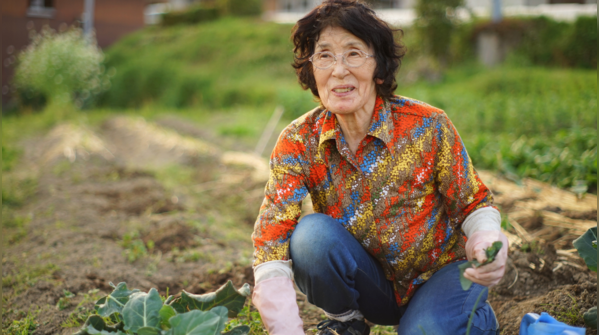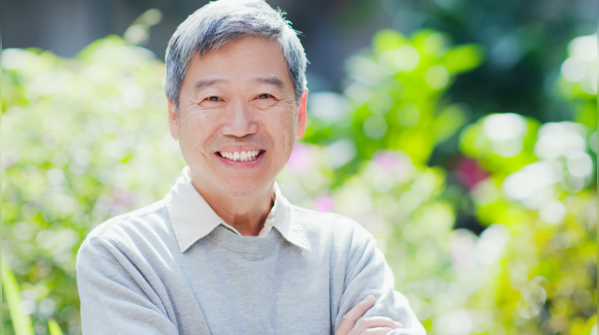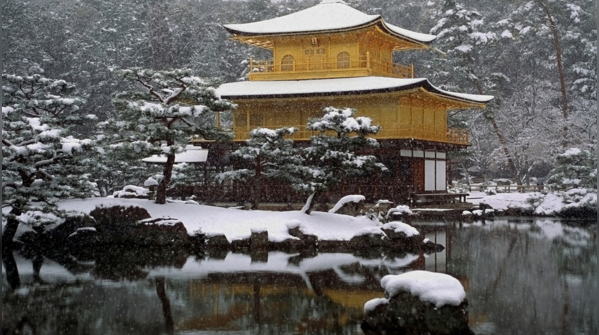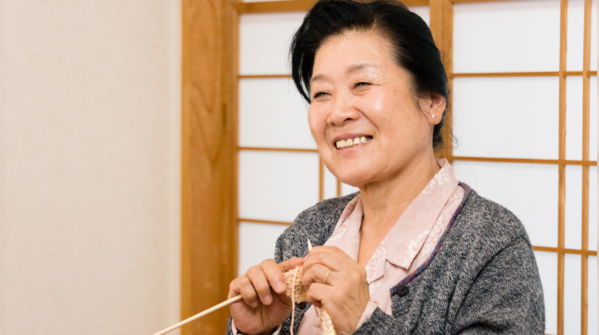Ogimi, a small village nestled on the subtropical island of Okinawa, Japan, is globally recognized as the Village of Longevity. Here, living past the age of 100 is not an anomaly but an expectation. The residents of Ogimi not only live longer but also thrive with vitality, mental clarity, and joy.

For decades, researchers such as Dr. Makoto Suzuki and Dr. Bradley Willcox have conducted the Okinawa Centenarian Study, examining the lives of Ogimi's elders. Their findings challenge many aspects of modern lifestyles. Beyond the widely publicized recommendations of "plant-based diets" and "low stress," the true essence of Ogimi's longevity lies in often-overlooked cultural philosophies.
Here are three key lessons gleaned from the people and practices of Ogimi. These principles require no expensive superfoods or advanced biohacking techniques, but rather a shift in mindset, daily routine, and social connection.
The Okinawan practice of "hara hachi bu," eating until 80% full, is well-known. However, in Ogimi, it transcends a mere dietary guideline; it's a deeply ingrained ritual of gratitude. Before each meal, villagers recite "Itadakimasu," a phrase expressing "I humbly receive." This simple act cultivates mindfulness, slowing down the pace of life and honoring the food, the farmers, and the earth.

Meals are savored slowly, often served in small dishes that emphasize texture and seasonal colors. Neither food nor life is rushed.
By stopping before feeling completely full, individuals can reduce insulin spikes, improve digestion, and lower inflammation – all critical factors for healthy aging.
Dr. Bradley Willcox emphasizes, "They eat low-calorie, nutrient-dense foods, but it’s their approach to eating that’s so powerful. It’s respectful, balanced, and tied to community."
One of Ogimi's most cherished traditions is the 'moai,' a lifelong social network of friends who provide mutual emotional, financial, and spiritual support. Moais are not just casual acquaintances; they are committed alliances, often formed in childhood and cultivated throughout life.

Virtually everyone in Ogimi belongs to a moai, fostering a shared sense of purpose in aging together. From communal meals to singing gatherings, this support system is an integral part of daily life.
These groups offer more than just companionship. They provide accountability, emotional support, laughter, and protection against loneliness, which studies have linked to a higher mortality risk than obesity or smoking.
Dr. Willcox explains, "Social connectedness is their health insurance. That’s why they age so gracefully, with fewer chronic illnesses."
In Ogimi, nature is not merely a destination for weekend getaways; it's an integral part of daily life. Villagers regularly walk through verdant hills, offer prayers in sacred groves, and maintain vegetable gardens well into their 90s. Here, nature is not just a backdrop; it provides direction and guidance.

The elders don't rely on gyms for exercise. Their physical activity comes from climbing stairs, tending gardens, and dancing at festivals. Their hands remain connected to the earth, and their eyes gaze upon the ocean.
This close relationship with the land fosters patience, rhythm, and acceptance. Eating seasonally and aligning with the cycles of sunrise and sunset helps synchronize the body's circadian rhythms, which modern science has linked to improved metabolism and mood regulation.
As one 104-year-old resident shared in a 2015 interview with the Okinawa Times, "In every leaf and root, there’s a rhythm. We just follow it."

Adopting the Ogimi lifestyle doesn't necessitate relocating to Japan. However, it does involve questioning the fast-paced, disconnected aspects of modern life. Incorporating a few slow meals, cultivating a close circle of trusted friends, and spending more time in green spaces can gently guide the body and mind toward greater balance.
It’s not about doing more, it’s about doing with intention.
 Blackcaps and White Ferns Face Packed Home Summer Against Cricket Heavyweights
Blackcaps and White Ferns Face Packed Home Summer Against Cricket Heavyweights
 England Captain Stokes Lauds Duckett and Crawley for Blistering Start in Record Chase Against India
England Captain Stokes Lauds Duckett and Crawley for Blistering Start in Record Chase Against India
 Gambhir Defends India's Tailenders After Headingley Collapse; Cites Dropped Catches as Key Factor in Test Loss
Gambhir Defends India's Tailenders After Headingley Collapse; Cites Dropped Catches as Key Factor in Test Loss
 Hair Oil vs. Serum: Which Elixir is Right for Your Hair Type? A Comprehensive Guide
Hair Oil vs. Serum: Which Elixir is Right for Your Hair Type? A Comprehensive Guide
 7 Proven Habits to Nail Your Next Job Interview: Project Confidence and Authenticity
7 Proven Habits to Nail Your Next Job Interview: Project Confidence and Authenticity
 Ogimi's Secrets: 3 Life-Extending Lessons From Japan's Village of Longevity
Ogimi's Secrets: 3 Life-Extending Lessons From Japan's Village of Longevity
 Facial Icing: Hype or Help? Benefits, Risks, and Safe Application of This Viral Beauty Trend
Facial Icing: Hype or Help? Benefits, Risks, and Safe Application of This Viral Beauty Trend
 Suryakumar Yadav's Sensational Catch: Rohit Sharma Reveals T20 World Cup Turning Point
Suryakumar Yadav's Sensational Catch: Rohit Sharma Reveals T20 World Cup Turning Point